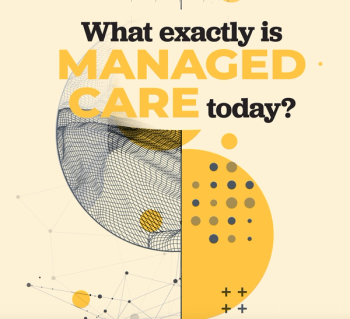
It’s Time to Tame the “Diagnostic-Coding Arms Race”: NEJM Opinion Piece
The trend of primary care practices and businesses bearing risk has pitfalls. A trio of experts have suggestions for how they can be avoided, including taking steps to de-emphasizing diagnostic coding in the calculations that determine payment.
Primary care isn’t about annual check-ups and ordering screening tests. Increasingly, it has become a risk-bearing part of the healthcare system, with practices reaping rewards if they manage the costs below benchmarks and, in some arrangements, paying penalties if spending exceeds those marks.
In an opinion piece in this week’s New England Journal of Medicine, three experts discuss some of the problems with primary care practices shouldering financial risk and steps that policymakers and primary care leaders might take to head them off.
Song, Chokshi and Press also mention that Blue Cross Blue Shield of Massachusetts has implemented a primary care capitation model that uses age and sex.
The trio also argue that total spending incentives should be confined to the primary care group or organizational level. Financial incentives that filter down to individual clinicians should be tied to metrics that measures access, quality and patient experience metrics, they
Their recommendations also call for closer connections between primary care and specialists; e-consults, they say, might give primary care practices more insight and input into “the downstream care that drives more than 90% of spending.”
Companies such as Aledade and Agilon Health have grouped independent primary care practices into ACOs, assuming financial risk while offering incentives to the practices, note Song, Chokshi and Press note.They don’t mention any companies by name, but their final recommendation is that primary care organizations that take on risk should use profits “as much as possible” to reinvest in practices and the populations they serve. They quote from a 2021 National Academies of Sciences, Engineering and Medicine report that said primary care should be a common good, “not a commodity service.”
Newsletter
Get the latest industry news, event updates, and more from Managed healthcare Executive.

























